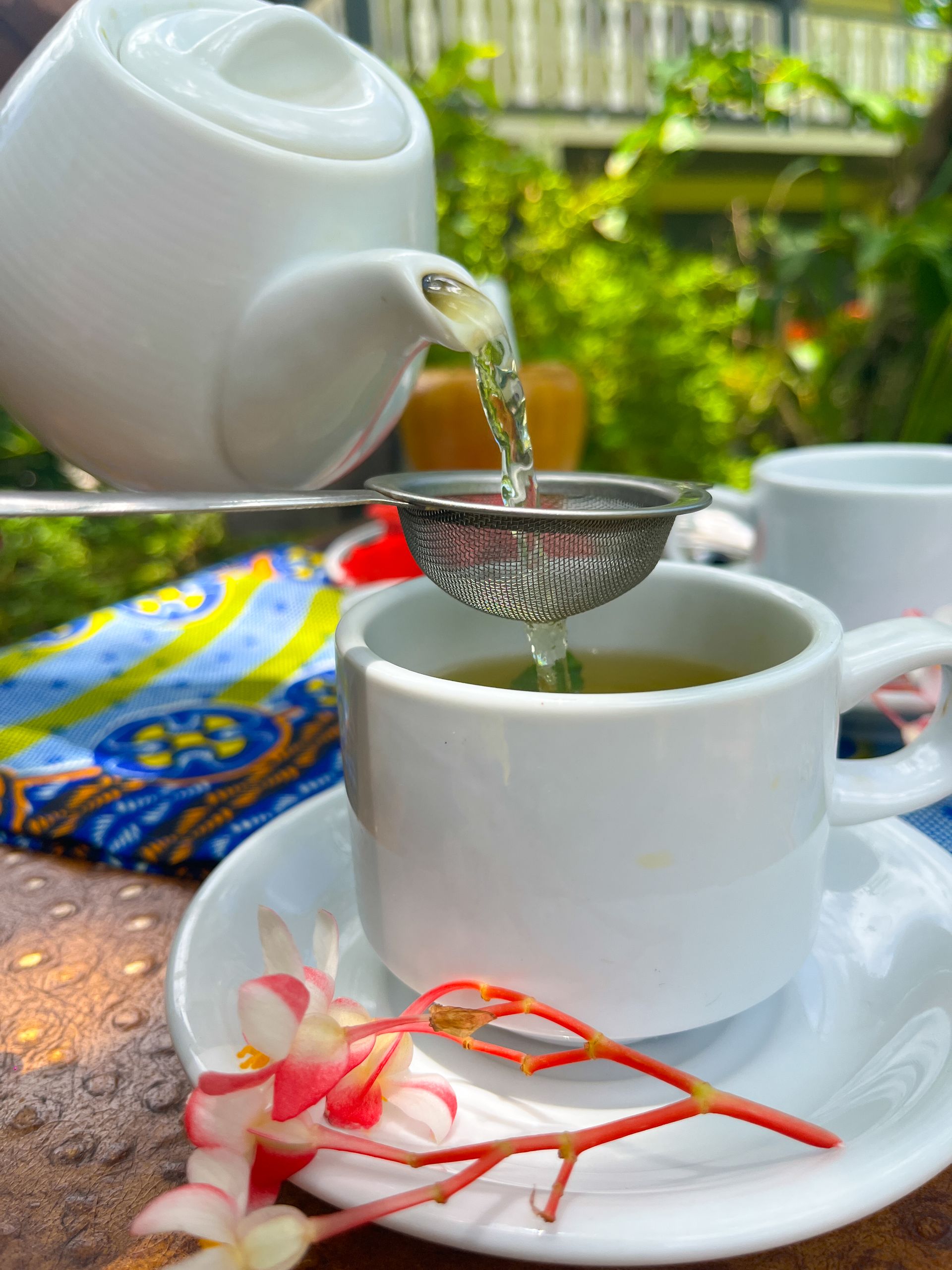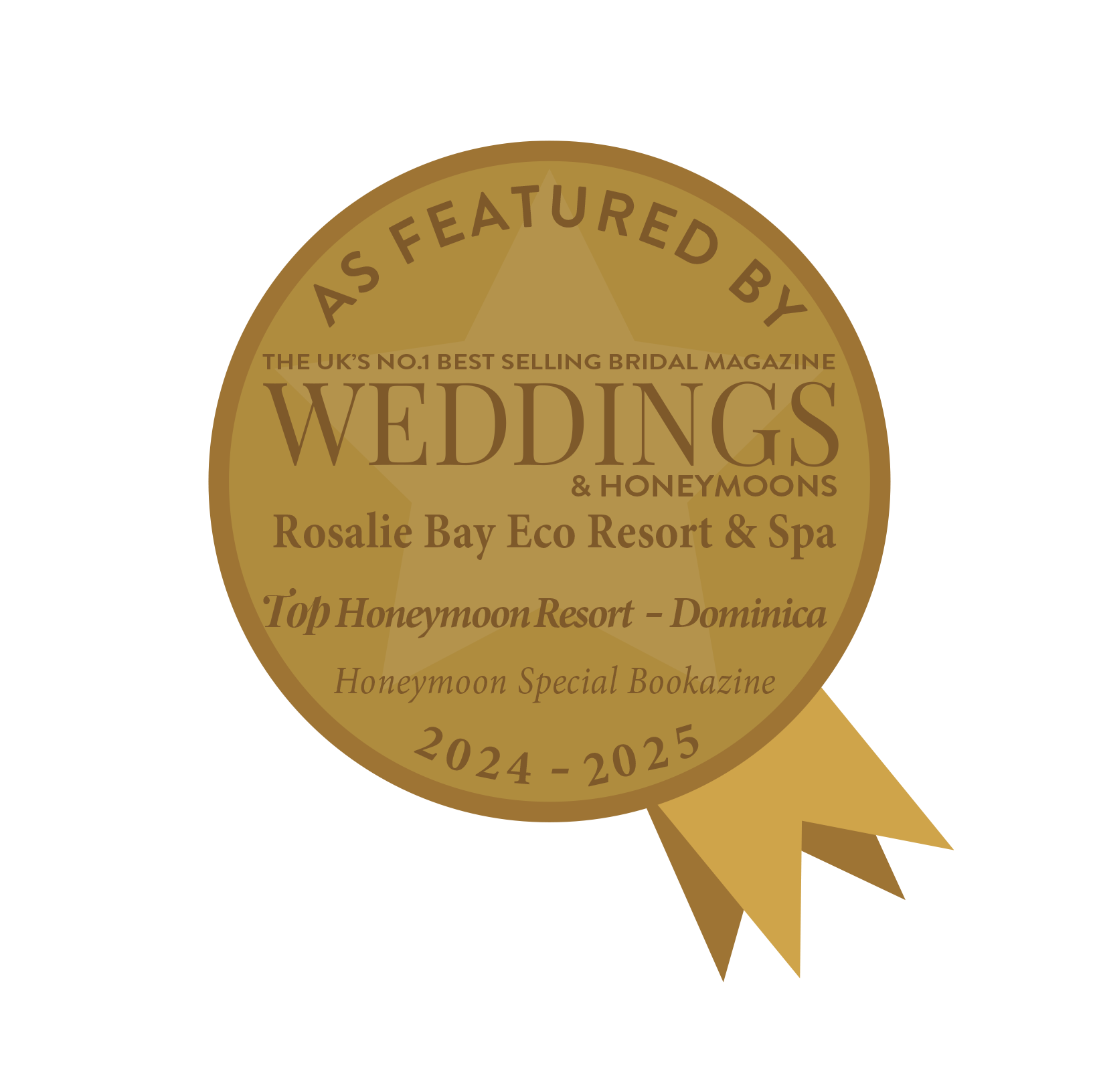The Enduring Wisdom of the Land
How Dominica's Traditional Wellness Practices are Thriving in the Modern World
By Ellen Joseph – Rosalie Bay Eco Resort & Spa Wellness Consultant

“There is a tremendous opportunity to build a healthcare system that is truly Dominican—one that honors its rich history of "bush medicine" while embracing the advancements of modern science. Let’s dive in.” Ellen Joseph
In the lush, mountainous heart of the Caribbean, the Nature Isle of Dominica has long held a secret to well-being, whispered through generations on the rustling leaves of medicinal plants. This is the world of "bush medicine," a rich tapestry of traditional wellness practices that has been the first line of healthcare for many Dominicans for generations. Today, in an era of rapid modernization, these ancient traditions are not only surviving but are also finding new relevance, offering a powerful complement to contemporary medical techniques.
The Roots of Dominican Wellness: More than Just Plants
Dominica's traditional wellness is deeply intertwined with the island's vibrant biodiversity and the cultural heritage of its people. "Bush medicine," as it's affectionately known, is a holistic system that encompasses the use of a vast array of local plants and herbs to treat a wide range of ailments, from the common cold to more chronic conditions. This knowledge, often passed down orally from elders to younger generations, is a living library of ethno botanical wisdom.
For many in rural Dominica, turning to the "bush" for remedies is a practical and accessible first step for healthcare. It's a system built on a deep understanding of the local environment and a belief in the healing power of nature. But it's more than just a collection of herbal remedies; it's a philosophy of wellness that emphasizes balance and harmony with the natural world.
An Exciting Chapter: Blending Ancient Wisdom with Modern Science
While the introduction of modern medicine has undoubtedly transformed healthcare in Dominica, it has not rendered traditional practices obsolete. Instead, a quiet revolution is taking place—one where the old and new are beginning to converge. A growing number of Dominicans are embracing an integrative approach to their own health, recognizing the value that both systems have to offer.
On the "Nature Isle," this integration can be seen in various forms. Individuals might use a traditional "bush tea" to alleviate the symptoms of a flu while also consulting a doctor for a diagnosis and, if necessary, prescription medication. This dual approach allows for a more comprehensive and personalized form of care that addresses both the physical and cultural needs of the patient.
The positive impacts of this blend are becoming increasingly evident. By incorporating traditional practices, healthcare can become more culturally sensitive and accessible, fostering a greater sense of ownership over one's well-being. Furthermore, the holistic nature of bush medicine, which often considers diet and lifestyle, can be a powerful tool in the prevention and management of chronic non-communicable diseases—a growing concern in the Caribbean.
While formal collaboration between "bush doctors" and the mainstream medical establishment is still an evolving process, the conversation has begun. The Ministry of Health, Wellness and Social Services in Dominica has shown a commitment to strengthening the nation's healthcare system, and there is a growing recognition of the potential of the island's natural assets in boosting and sustaining our wellness tourism sector. This opens the door for greater dialogue and potential partnerships that could formalize the integration of traditional wellness knowledge into the national healthcare framework.
Global Lessons in Integration: A World of Wisdom
Dominica's journey towards a more integrated healthcare model is not unique. All over the world, communities are rediscovering the value of their traditional medical systems and finding innovative ways to blend them with modern science. These global success stories offer valuable insights and inspiration for our path forward.
Case Study: South Africa's Collaborative Approach
In parts of rural South Africa, traditional healers and allopathic healthcare providers have found ways to work together to improve patient outcomes. Recognizing that many people consult both systems, initiatives have been launched to foster mutual respect and understanding. This has led to better management of chronic illnesses like HIV/AIDS and tuberculosis, where traditional healers can play a crucial role in ensuring treatment adherence and providing psychosocial support. While challenges like mistrust and a lack of formal recognition persist, the ad-hoc collaboration through health education and patient referrals showcases a promising model.
Case Study: Latin America's Intercultural Health
Several Latin American countries have made significant strides in what is termed "intercultural health," which bridges indigenous and Western medicine. By respecting and incorporating the medical knowledge of indigenous communities into the formal healthcare system, these initiatives have improved access to care, increased patient satisfaction, and provided a wider range of treatment options. These models demonstrate that when indigenous health practices are given equal recognition, the entire healthcare system is strengthened.
Case Study: Asia's Long History of Integration
In many Asian nations, the integration of traditional and modern medicine is a long-established practice. For instance, in China and India, traditional systems are often practiced alongside Western medicine in hospitals and clinics. This parallel approach allows patients to benefit from the diagnostic strengths of modern medicine while also accessing the holistic and preventative benefits of traditional therapies. The scientific validation of many traditional remedies in these countries has also paved the way for their inclusion in national drug policies.
The Future of Wellness in Dominica: A Path Forward
The story of Dominica's traditional wellness practices is a testament to the resilience of cultural heritage and the timeless wisdom of the natural world. By fostering greater collaboration among traditional healers and healthcare professionals, collaborative media campaigns to foster greater public participation, investing in wellness tourism sector stakeholders, investing in research to validate the efficacy of local remedies, and integrating traditional knowledge into public health education, Dominica can create a model of wellness that is not only effective but also deeply rooted in the heart and soul of the Nature Isle. The path ahead is one of collaboration, respect, and a shared commitment to the health and well-being of all Dominicans and of our global friends who come to our shores, ensuring that the enduring wisdom of the land continues to heal and nurture for generations to come.




